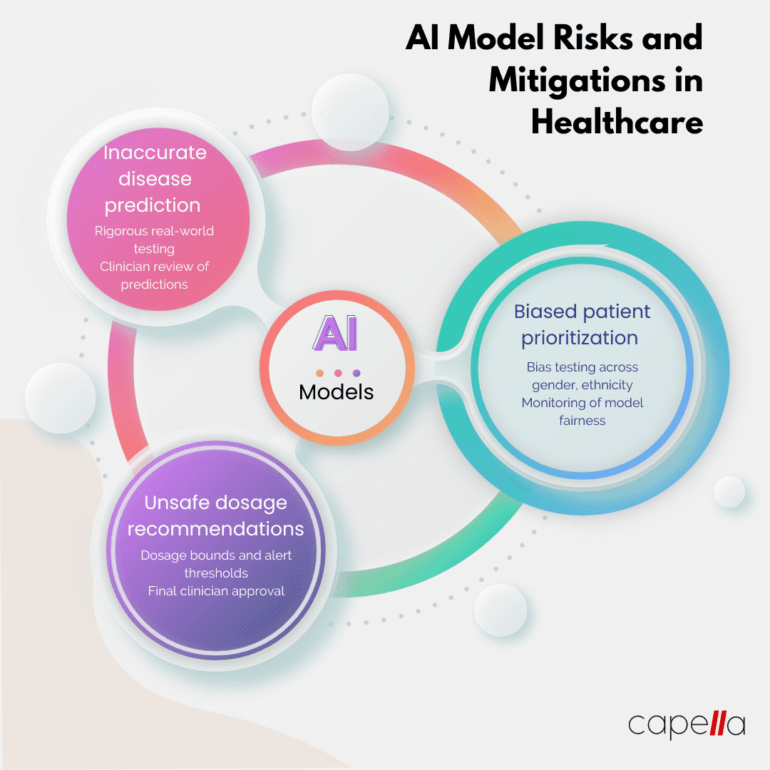Over the past decade, health insurance companies have increasingly embraced the use of artificial intelligence algorithms. Unlike doctors and hospitals, which use AI to help diagnose and treat patients, health insurers use these algorithms to decide whether to pay for health care treatments and services that are recommended by a given patient’s physicians.
One of the most common examples is prior authorization, which is when your doctor needs to
receive payment approval from your insurance company before providing you care. Many insurers use an algorithm to decide whether the requested care is “medically necessary” and should be covered.
These AI systems also help insurers decide how much care a patient is entitled to — for example, how many days of hospital care a patient can receive after surgery.
If an insurer declines to pay for a treatment your doctor recommends, you usually have three options. You can try to appeal the decision, but that process can take a lot of time, money and expert help. Only 1 in 500 claim denials are appealed. You can agree to a different treatment that your insurer will cover. Or you can pay for the recommended treatment yourself, which is often not realistic because of high health care costs.
As a legal scholar who studies health law and policy, I’m concerned about how insurance algorithms affect people’s health. Like with AI algorithms used by doctors and hospitals, these tools can potentially improve care and reduce costs. Insurers say that AI helps them make quick, safe decisions about what care is necessary and avoids wasteful or harmful treatments.
But there’s strong evidence that the opposite can be true. These systems are sometimes used to delay or deny care that should be covered, all in the name of saving money.
A pattern of withholding care
Presumably, companies feed a patient’s health care records and other relevant information into health care coverage algorithms and compare that information with current medical standards of care to decide whether to cover the patient’s claim. However, insurers have refused to disclose how these algorithms work in making such decisions, so it is impossible to say exactly how they operate in practice.
Using AI to review coverage saves insurers time and resources, especially because it means fewer medical professionals are needed to review each case. But the financial benefit to insurers doesn’t stop there. If an AI system quickly denies a valid claim, and the patient appeals, that appeal process can take years. If the patient is seriously ill and expected to die soon, the insurance company might save money simply by dragging out the process in the hope that the patient dies before the case is resolved.
Insurers say that if they decline to cover a medical intervention, patients can pay for it out of pocket.
This creates the disturbing possibility that insurers…



